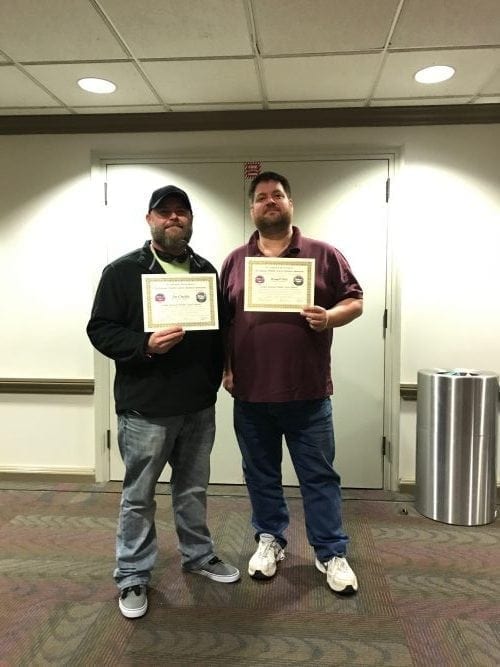When you think of pest control, do you picture someone with a spray can haphazardly treating baseboards in a house? Most people do. When you think of a pesticide, do the words poison, toxic, deadly, lethal, or unsafe come to mind? If so, you are not alone. The profession of pest control and its associated tools are often misunderstood, as is its importance to our society.
What is pest control? Basically, it is controlling a pest, but a pest could be any living thing that is considered a nuisance. Plants (unwanted plant-weed), insects, rodents, birds, bats, etc., can all be considered pests in certain situations. At NJ Pest Control, we control these pests, except weed and vegetation (we are not licensed to do that work) via a variety of means, not solely with the application of a pesticide. We refer to this method of pest control as Integrated Pest Management (IPM).
IPM relies heavily on the inspection process. How can you possibly know how to address an issue if you have no idea what the issue is?! You must know what the pest is and why it is causing a problem. Then a control strategy can be implemented. In order to understand the pests you will encounter, you must gain knowledge of their biology and behavior. THINK LIKE THE PEST. What does it like? Where will you find it? Why is it there? Is there anything that can be done to make it go away?
Some examples of IPM control strategies are blocking a pest’s entrance into a building (exclusion), removing or reducing favorable (conducive) conditions for the pest, or physically removing the pest with traps or a vacuum, to name a few. When a control product (pesticide) is applied, it is used in a manner where the pest will come in contact with it, this makes the application responsible and reduces the exposure (limited contact with people or pets), based on label guidelines.
Control products are necessary tools for the pest control professional, but they can have a bad reputation in the eyes of the public. This is due to misinformation and a lack of understanding of the products available. No longer are the days of DDT or chlordane being applied inside and out of every American home. Now, our treatments are targeted to where the pest will be present and its hiding spots (generally cracks & crevices). Also, many of the products we have available are less hazardous when used per label instructions than those previously on the market. They are less hazardous than some commonly used household products, for that matter! For example, many of us have a gallon of bleach in our laundry room or under the kitchen sink. Do you wear eye protection and gloves when you use it? Household liquid bleach has a Danger label due to its corrosive properties. It can be harmful if it contacts the skin or eyes, is ingested or is inhaled.
From fumigations to lawn applications, the pest control industry exists to protect people and their investments. Termites can destroy a building. Rodents can contaminate food, spread disease, and cause property damage. Roaches can produce allergens that trigger asthma. Mosquitoes, fleas, and ticks can spread blood-borne pathogens. Certain species of beetles can kill trees or damage food crops and fruit orchards. Bed bugs can cause physical and emotional harm. Can you imagine what our lives would be like without pest control? Hopefully, you can see its importance!
There’s more to pest control than applying a product. You must have knowledge and training. Pest control professionals are licensed and are required to attend classes to maintain their license. You must have a dedication to learning about pest control and the tools of your profession. Above all, you must care about the livelihood of people, their families, their pets and their belongings. If you do these things, you will become a true pest management professional.

